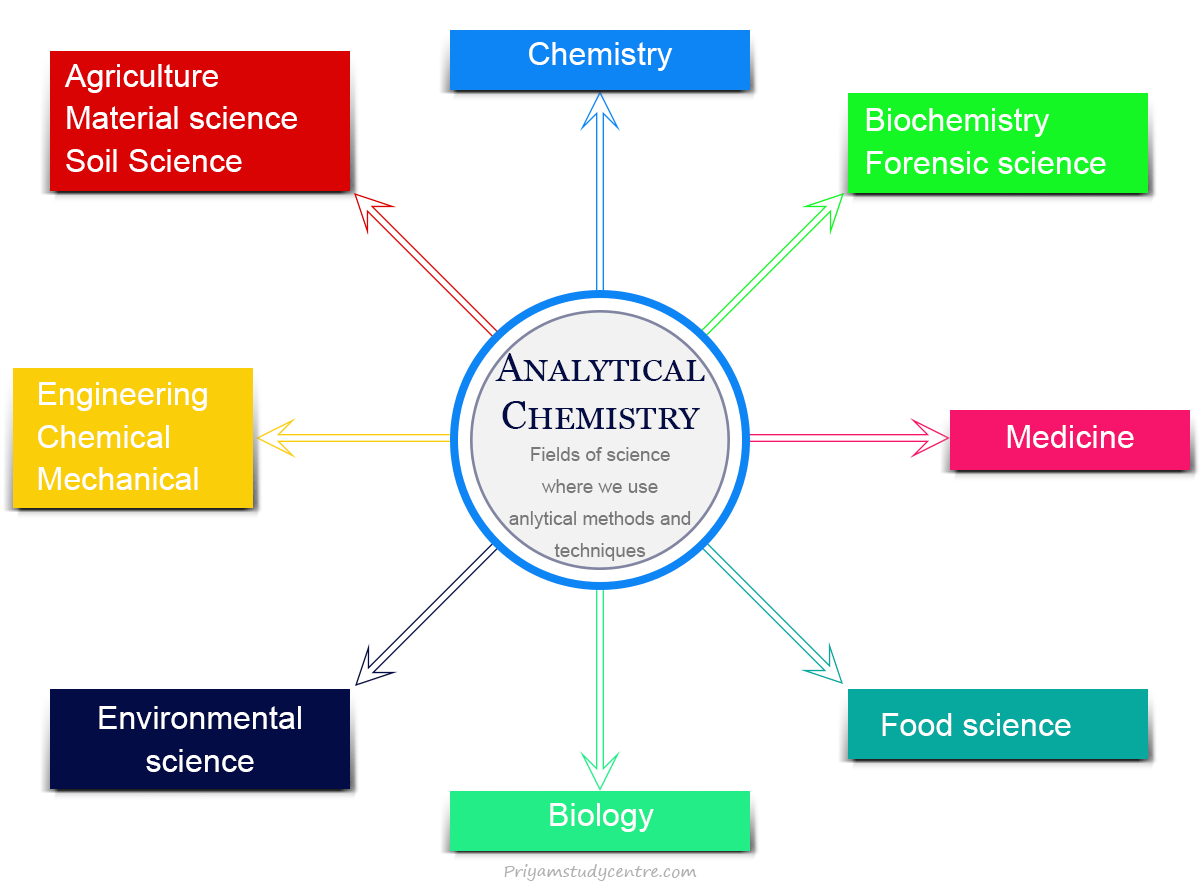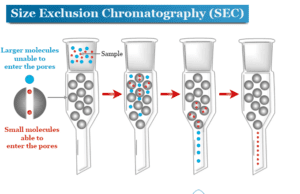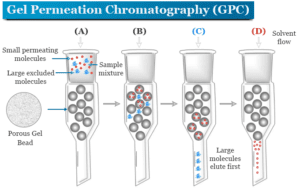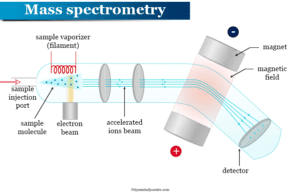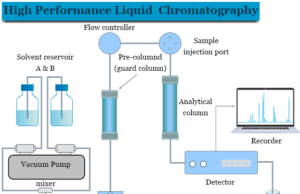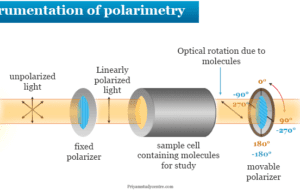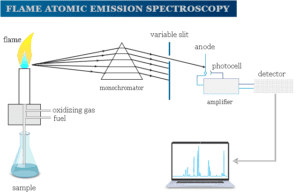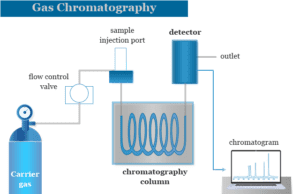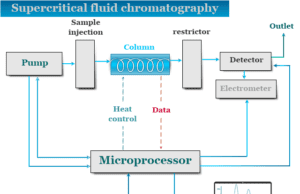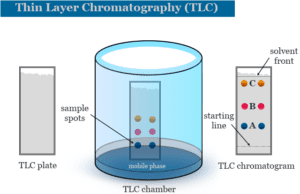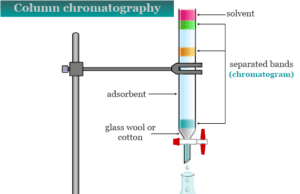Size Exclusion Chromatography
Size Exclusion Chromatography Instrumentation
Size exclusion chromatography (SEC) is a chromatographic separation procedure that separates analyte molecules according to their size or geometry and some...
Gel Permeation Chromatography
Gel Permeation Chromatography Analysis
Gel permeation chromatography (GPC) or gel filtration chromatography is an example of size exclusion chromatography (SEC) that analysis substances largely according...
Mass Spectrometry
Mass Spectrometry Principle
Mass spectrometry (MS) is an analytical principle that uses for the analysis of charged gas molecules (ions) according to their weight or...
High Performance Liquid Chromatography
High Performance Liquid Chromatography HPLC
High performance liquid chromatography (HPLC) principle is a modification of liquid chromatography used in analytical chemistry for the separation and...
Polarimetry
Polarimetry Principle
Polarimetry principle in analytical chemistry is a method for measuring the rotatory power or optical rotation of a substance by the instrument polarimeter....
Atomic Emission Spectroscopy
Inductively Coupled Plasma Atomic Emission Spectroscopy
Atomic emission spectroscopy (AES) is a method of chemical analysis of samples by the electronic transition of atoms by...
Gas Chromatography
Gas Chromatography Instrumentation
Gas chromatography (GC) in analytical chemistry is a common type of chromatography analysis process where the mobile phase is a gas and...
Supercritical Fluid Chromatography
Supercritical Fluid Chromatography (SFC)
Supercritical fluid chromatography (SFC) in analytical chemistry is a form of high performance liquid chromatography (HLPC) instrument that is used for...
Thin Layer Chromatography
Thin Layer Chromatography (TLC)
Thin layer chromatography (TLC) in analytical chemistry is a chromatography principle or technique which we use to separate or identify non-volatile...
Column Chromatography
Column Chromatography Principle
Column chromatography is an analytical procedure or principle for the separation and purification of inorganic and organic compounds. We use column chromatography...

